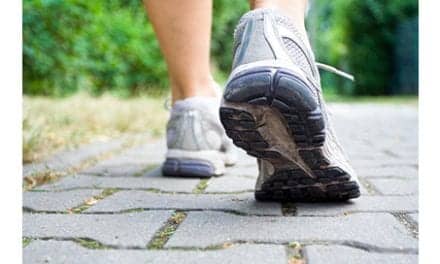Desk-based workers support health promotion activities targeted toward reducing the amount of time they sit during the workday, according to researchers.
Findings from a study, conducted by researchers at German Sport University Cologne and published in BMC Research Notes, are based on a phone survey of desk-based workers across Germany.
The researchers interviewed 614 desk-based workers across Germany by phone to find out about their actual and desired levels of sitting, standing, walking and doing physically demanding tasks at work.
They found that the more hours per day a person spent working, the greater the differences between the actual time they spent sitting down and the time they wanted to spend sitting down, indicating that the longer an employee spends working, the less time they want to spend sitting down.
By contrast, the longer employees spent working, the smaller the difference between the time they actually spent standing and the time they wanted to spend standing, explains a media release from BioMed Central.
The participants reported spending 73% on average of their working day sitting down, 10.2% standing, 12.9% walking, and 3.9% doing physically demanding tasks. However, they wanted to spend 53.8% of their working day sitting down, 15.8% standing, 22.8% walking, and 7.7% doing physically demanding tasks.
The desire of employees to spend about half of their working day (4.0 hours) sitting differs considerably from the time they actually report to spend sitting (70% or 5.4 hours). On average, employees wanted to spend an additional 46 minutes per 8-hour working day walking and an additional 26 minutes per 8-hour working day standing, the release continues.
The authors caution in the release that the findings rely on self-reported data and employees may not have correctly estimated the 73.0% of time they reported to spend sitting during working hours, and that the study did not assess pre-existing health conditions that could influence desired sitting time which would need to be addressed in future studies.
“Our results lend some support to the recommended reduction of sitting time to 50% of the work day which seems feasible in light of workers’ preferences for sitting, standing and walking that we have identified,” the researchers write.
“Alternatively, these results may reflect respondents’ awareness of recent guidance about occupational sitting time. Either way, interventions that take into account workers’ personal preferences for sitting, walking and physical activity could help reduce the risk for various negative health outcomes,” they add, in the release.
[Source(s): BioMed Central, Science Daily]





